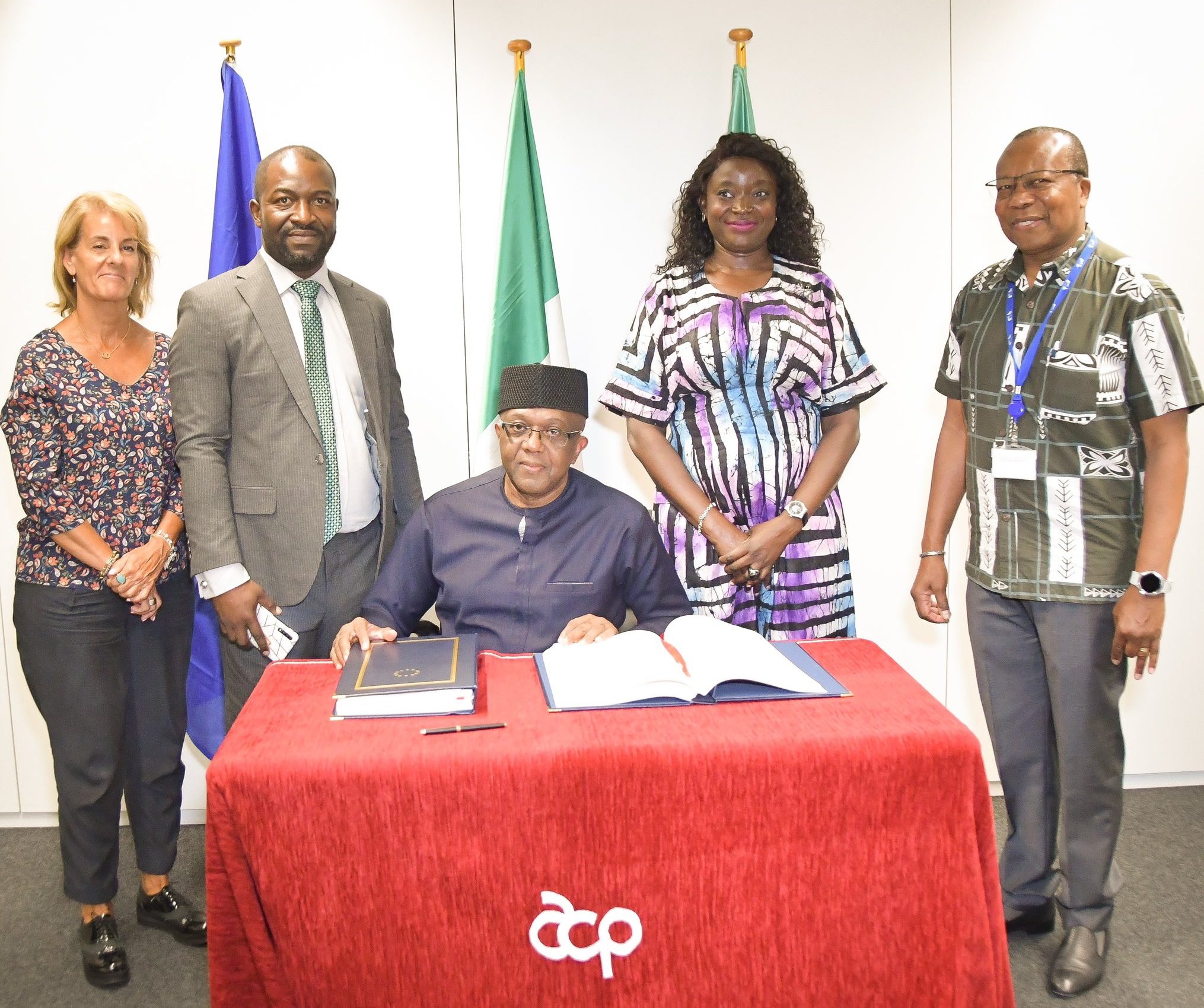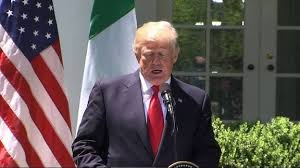
10 things to know about the Samoa Agreement
Many Nigerians are talking about the contentious Samoa Agreement because they want to know what it includes after hearing that Nigeria has signed.
The Samoa Agreement was signed on November 15, 2023, by the European Union and its member states as a single new cooperation agreement.
The Organisation of African, Caribbean, and Pacific States—abbreviated OACPS—is the group of signatory states to the accord.
The pact was signed by 79 nations in Africa, the Caribbean, and the Pacific, in addition to about 27 EU members.
Lesbian, Gay, Bisexual, and Transgender rights are mandated under sections in the Samoa Agreement, which the Nigerian government ratified, according to a journalistic organisation.
The newspaper's assertion was based on an opinion piece written by Sonnie Ekwowusi, a lawyer in Lagos, who claimed that certain provisions of the deal systematically legalised LGBT people.
Nevertheless, contrary to what the attorney said, a study of the 172-page contract revealed that there are no LGBT elements in the agreement.
The studied paper and press releases from the EU indicate that the Samoa agreement was limited to tackling global concerns.
Obinna Onowu, the Nigerian ambassador to the Grand Duchy of Luxembourg, the Kingdom of Belgium, and the European Union, signing the agreement. (Image: OACPS/X)
On June 28, 2024, the OACPS verified through a post on its official X page that Nigeria had signed the Samoa agreement alongside other member states.
The message on the post states, "Nigeria joined 72 other members of the Organisation of African, Caribbean, and Pacific States (OACPS), in a pledge to enhance OACPS-EU relations international cooperation.
"At the OACPS Secretariat in Brussels, Ambassador Obinna Chiedu Onowu signed the Samoa Agreement on behalf of his nation. The agreement was signed in Apia, Samoa, on November 15, 2023, by the majority of the 79 OACPS member states. It has been in effect provisionally since January 1, 2024.
"With the goal of promoting sustainable development, combating climate change and its effects, creating investment opportunities, and fostering increased collaboration among OACPS member states at the international stage, the Samoa Agreement serves as a vital legal framework for cooperation between the OACPS and the European Union."
Here are some brief details on the Samoa Agreement.
1. The Samoa Agreement serves as both a partnership and an essential legislative foundation for EU-member state interaction. On the one hand, and members of OACPS on the other.
2. Because it was signed during the 46th ACP-EU Council of Ministers session on the island of Samoa in Oceania, the multilateral agreement is also known by its vernacular name, the "Samoa Agreement."
3. To address the primary issues facing the member nations over the next 20 years, the agreement—signed by Nigeria and other OACPS members—is built around six major themes.
4. On June 28, 2024, at the OACPS Secretariat in Brussels, Nigeria's ambassador to the Grand Duchy of Luxembourg, the Kingdom of Belgium, and the European Union, Obinna Onowu, signed the agreement on behalf of the Nigerian government.
5. The top goals are inclusive, sustainable economic growth and development; environmental protection; human rights; democracy and governance; peace and security; and human and social development environmental sustainability and climate change; and mobility/migration.
6. "The Parties shall make decisions and undertake actions at the most appropriate domestic, regional, or multi-country level" is a key tenet of the agreement.
7. The agreement contains no mention of lesbian, gay, bisexual, transgender, or queer people.
8. On November 15, 2023, the EU signed the deal together with all of its member states. 74 of the OACPS's 79 members—among them Nigeria—signed on before the June 30, 2024, deadline.
9. Beyond funding, the Samoa Agreement is a true tool for Nigeria and the EU's development cooperation. One of the international system's most varied and complex development agreements is the OACPS–EU Partnership.
10. The National Assembly, National Economic Council, and Federal Executive Council must all give the accord careful thought and approval before it can be ratified.





